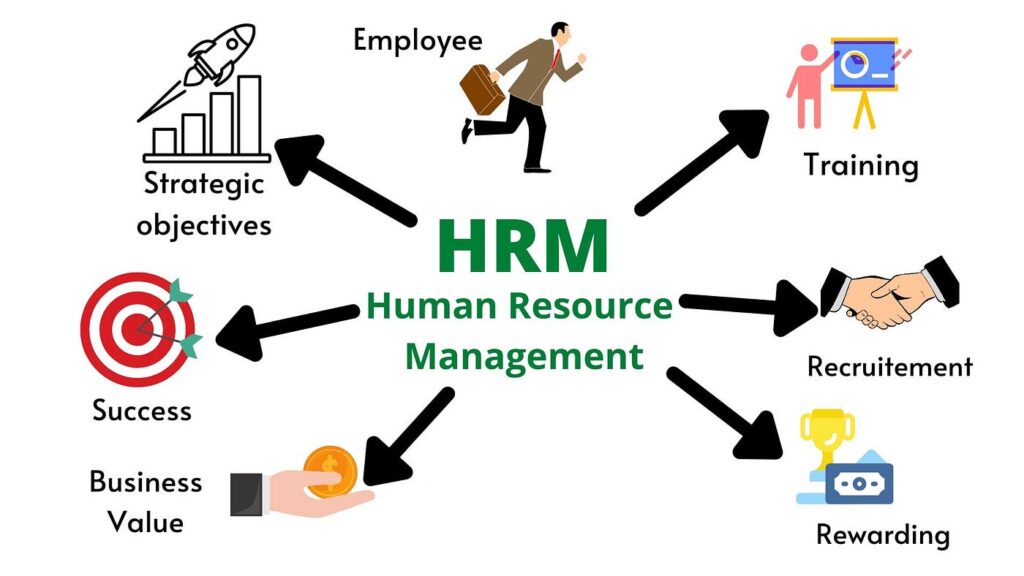
The way businesses handle their human resources in the hectic business environment of today has changed drastically. The days are depending only on a conventional roster system to manage the complexity of HR procedures and recruiting is long gone. Businesses are turning their attention to increasingly sophisticated and strategic ways of acquiring talent as they grow and the battle for outstanding people becomes fiercer. This change is about finding the ideal match for the corporate culture, improving employee engagement, and promoting general corporate success, not just about filling gaps. Modern HR solutions are crucial for negotiating the competitive terrain and creating a motivated team regardless of your company’s size—growing start-up or existing business.
Customized Roster Systems to Contemporary Talent Acquisition
Early on in HR development, traditional roster systems fulfilled simple scheduling and staff monitoring needs. They often failed, however, in terms of scalability, efficiency, and strategic fit with corporate aims. Modern HR systems that combine data-driven insights with simplified procedures have taken the stage today. Beyond basic record-keeping, these contemporary technologies help companies to find, draw in, and keep the greatest personnel at hand.
Features like candidate tracking, automated screening, and performance analytics—which enable HR staff to make more informed decisions—modern recruiting systems provide By switching from hand-made roster systems to automated and strategic talent acquisition systems, companies are enabling themselves to better control their personnel, lower attrition, and raise general production.

Improving Recruitment Accuracy with Modern HR Systems
Recruitment is much more than simply selecting someone to fill a position; it’s about locating the ideal candidate who will help the business grow. From job advertising to onboarding, advanced HR systems provide complete recruitment management. By automating tedious chores such as applicant correspondence, interview scheduling, and resume screening, these systems free up important time for HR managers to concentrate on strategic operations.
Moreover, the use of artificial intelligence and machine learning into hiring procedures facilitates improved applicant matching depending on aptitudes, knowledge, and cultural fit. This results in a more effective hiring process, therefore lowering the time-to-fill openings and guaranteeing that the appropriate talent is positioned in the appropriate roles. Simplifying these procedures helps businesses to keep their competitive edge in the market and create a vibrant and flexible staff.
The change in how companies handle talent acquisition from conventional roster systems to advanced HR and recruiting technologies represents a major upheaval. The HR scene of today calls for a smart, data-driven recruiting strategy that transcends job-filling needs. Companies that embrace current tools and technology may simplify their operations, improve recruiting effectiveness, and assemble a strong team that propels corporate development. Organizations have to be ahead of the curve and use cutting-edge HR solutions to negotiate the complexity of the competitive labour market of today as demand for top talent keeps rising. Any company trying to survive in the current world of business must go from simple roster system to thorough talent acquisition plans; it is not optional.








